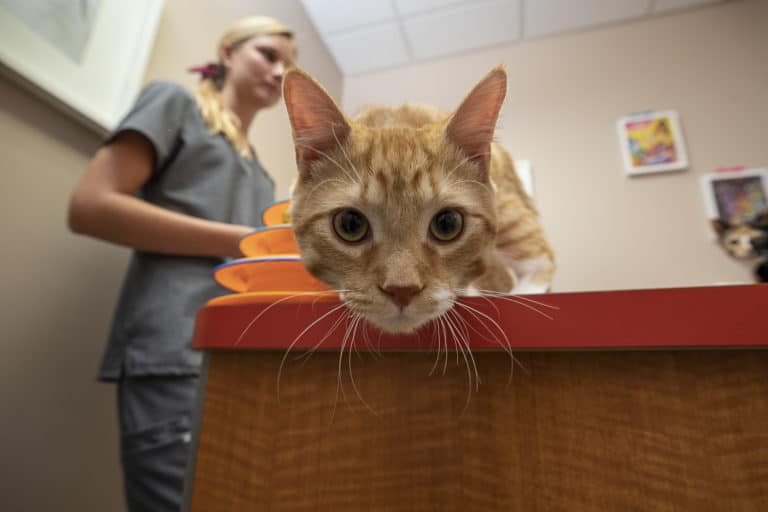The Veterinary Mental Health Crisis part 1 of 2: The root of the problem
Originally posted by Dr. Bill Wagner with Associated Veterinary Partners | Reposted with permission by Dr. Wagner
If you are having thoughts of suicide, please contact the National Suicide Prevention Lifeline immediately at 1-800-273-8255 (TALK). No matter what you’re going through, your life has incredible value and the veterinary community loves you and is here for you.

AVP recently announced that they have become a corporate sponsor for Not One More Vet (NOMV). NOMV’s mission to promote the mental health and wellbeing of veterinary healthcare workers parallels our own, and this partnership represents our commitment to fulfilling our vision of what it means to be a great employer to our team members who provide exceptional and compassionate care to animals. The existence of NOMV is an unfortunate necessity in the current veterinary medical field, and in this week’s blog post we will be discussing why there is such a pressing need for mental health resources for veterinary healthcare workers.
Veterinary medicine is facing a mental health crisis. Male veterinarians are 2.1x more likely to die by suicide and female veterinarians are 3.5x more likely to die by suicide than the general population. From 2000-2015 about 10% of all deaths among female veterinarians were by suicide. A 2015 study found that 1 in 6 veterinarians have considered suicide. It is impossible to connect this trend back to a single cause or issue because there isn’t just one issue at play: the practice of veterinary medicine is a “perfect storm” of factors coming together to put veterinary healthcare workers at risk of depression and suicide. In this post I’ll be tackling a few of the challenges facing veterinary healthcare workers:
Empathy
The decision to become a veterinarian is rooted in a deep empathetic drive to help animals in need. However, empathy is a double-edged sword. Those who are more naturally empathetic, prone to internalizing feelings of guilt for the emotions of others, and trend towards altruism are prone to empathetic distress, an exaggerated emotional response that can put them at risk of depression. The same personality and emotional characteristics that make veterinarians such good caregivers to their patients and clients also put their own mental health at risk.
Financial stress
The cost of veterinary medical school in the US is well in excess of $200,000 and veterinarian salaries fall on average about 2.5x lower than physician salaries despite a similar level of educational debt. Decades of financial stress often follow veterinarians beyond graduation and can snowball with all the other stressors in their lives. Heavy indebtedness has been linked to poor mental health outcomes, meaning that the student debt crisis is playing a role in worsening the mental health crisis in veterinary medicine.
Work-life balance
Working in veterinary medicine is hard and the hours are long. The work is physically, emotionally, and mentally taxing. Veterinarians have a habit of bringing a lot of their work home with them, both directly and indirectly (I’ve lost more nights of sleep than I can count worrying about my patients and the decisions I’ve made for them). Poor work-life balance is associated with many negative mental health outcomes including anxiety and depression.
Impostor syndrome
Impostor syndrome is a common issue in high-achieving professions, particularly among those who are embarking on a new stage in their career (new graduates, changing jobs, etc.). Impostor syndrome often coexists with depression, anxiety, low self-esteem, somatic symptoms, and social dysfunctions. This means that whether impostor syndrome is a cause or a symptom, we should see its prevalence in veterinary medicine as a sign of widespread poor mental health.
Rationalization of death
Being a veterinarian means spending a lot of time talking about death and being frequently present for the end of life. Veterinarians need to develop a level of comfort with the idea of death as a natural stage of life, but that rationalization process can be twisted in the mind of someone dealing with depression, suicidal ideation, and feelings of hopelessness. We frequently talk about euthanasia as a means to end physical suffering in our patients, but someone who is in the midst of a mental health crisis may be prone to drawing inaccurate comparison between their patients’ physical anguish and illness and their own emotional anguish and mental illness. However, unlike our patients who are facing terminal physical illness, there are effective treatment options for depression.
Ease of access to means
Due to the nature of their work, veterinarians and other veterinary healthcare team members have access to medications which can end life. According to a CDC study two-thirds of female veterinarian suicide and one-third of male veterinarian suicide was by means of poison, with euthanasia drugs likely representing a substantial portion. Restricting ease of access to euthanasia and anesthetic medications may be useful in reducing veterinary suicide. There are some good suggestions for restricting ease of access in veterinary hospitals including Dr. Andy Roark’s “4 eyes” system, although it may prove difficult to fully restrict access to euthanasia and anesthetic medications in many practice settings.
Emotional blackmail and online bullying
I’ll lead this off by saying that most pet parents are great people who treat their veterinarians well. However, all it takes is a few negative interactions every week to cause progressive emotional drain and burnout. Pet parents come to us understandably upset that their pets are ill or injured, and they occasionally handle fear, guilt, and grief in hurtful ways. Clients typically don’t understand how little control veterinarians and veterinary hospitals have over the cost of care (practicing high quality, modern medicine is inherently expensive) and that fuels these negative interactions. Veterinarians frequently find themselves acting as emotional punching bags.
Online bullying is a concerning new trend. By taking their complaints online, pet parents turn a dispute with their vet into an online witch hunt and mass bullying and harassment. In these scenarios client/patient confidentiality means that only one side of the story will be heard. If you’ve ever considered participating in online bullying, please think first and remember that you’re only hearing one side of the story.
Stigma
While progress continues to be made in eliminating stigmas around mental health issues, unfortunately many people still feel uncomfortable talking about and seeking care for mental health concerns and often fear consequences or retribution from peers and employers.
Other Stressors
Veterinary healthcare workers can have a myriad of challenges that they face outside of work that can snowball with having a stressful and time-consuming career. Work is rarely ever the only major stressor in someone’s life, so having a stressful job can compound what already may be a challenging personal balance for veterinary workers.

